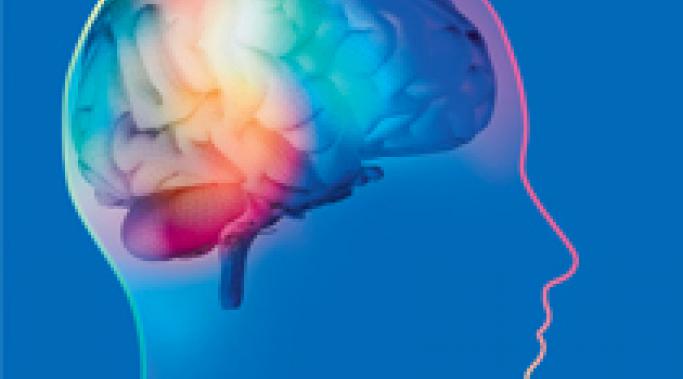Blogs
Getting professional help for dealing with your persistent fears and anxieties is the single most important step in your recovery. Many people are reluctant to get the help they need for various reasons. Making excuses of not getting the treatment for your anxiety problems will not solve the problem. Here are a few reasons on why getting help is important.
A New Dawn for Schizophrenia
Slipping through the cracks of the mental health system is all to easy for people who suffer from schizophrenia. Some of us wander the streets homeless. Others, end up in shelters and community homes. Though this is a common scenario today, in the future it will be less so. As bleak as the present may seem for many people, there will be a time when people with schizophrenia will defy the stereotypes that are associated with our illness. The reasons for this are as follows:
A few days ago, a friend who lives with generalized anxiety disorder called me while in the throes of a severe panic attack. She had been awake for a couple of days, she was crying, and she was terrified. The first words out of her mouth when I answered were, “This is never going to end.”
The Supreme Court ruled 5-4 in Burwell v. Hobby Lobby that an employer does not need to cover contraceptives if it conflicts with a sincerely held religious belief. Some are saying it's a victory for religions liberty, others say it's a startling setback for women. The truth is probably somewhere in the middle. But this is a column about mental illness, and what the recent decision means for mental health consumers. In short, we're in danger.
So I’ve just returned from 10 days in Parma, Italy (see about bipolar vacation planning, here). It was a week-and-a-half of parmigiano reggiano, prosciutto di Parma, gelato and other things that only Italians really know how to make.
People often joke that they “need some time off to recover from that vacation.”
Yes, hilarious.
I’m not exactly sure what they mean by this but what I can say is that as a person with bipolar, I absolutely do need time to recuperate from a vacation.
Two years ago this fall, I took a yoga workshop which dealt with inverted positions, such as headstands. There was a point in the workshop when we were asked to do an exercise which addressed our fears. This was not at all related to eating disorders, and it wasn’t therapy, but it was a profound experience for me.
I thought I'd share it with you today because it opened up my eyes and helped me deal with deep emotions which were holding me back at the time.
In September of 2008, More Than Borderline's, Becky Oberg, was in a state-run psychiatric hospital. As she reflected on her life, she wondered if her journalism career was over. After all, she'd failed to find a job and had been fired from her dream job for having a dissociative episode while on the clock. It did indeed seem her career was over due to the stigma against mental illnesses such as borderline personality disorder (BPD).
Hello again, friends. This week I'm going to write about how to follow my own advice (or the advice of anyone) while simultaneously having adult attention-deficit/hyperactivity disorder (ADHD). In my last post, I wrote about a bunch of things and also mentioned how great it was to be on break from school and have some time off. I disagree with my last-week self. It is not fun to be on break and I'm unsure how to now structure my time. I've known how to do it in the past, so why do I feel like I need to re-learn it now?
I wonder how many times people give up just before a breakthrough - when they are on the very brink of success. ~ Joyce Meyer
Are you waiting for your bliss breakthrough or are you willing your bliss breakthrough (What Does Living a Blissful Life Mean?)? Have you ever looked back and thought, “I was on the brink of my breakthrough, why did I give up?” For many of us, we never know how close we are to our bliss breakthrough because we don’t see the light at the end of the tunnel shining on the path to our dream. But, if you did see the light, are you ready to make significant change in your life?
Writing exercises help you to reflect on who you are and what you're doing in the world. Self-reflection is the foundation to developing strong and healthy self-esteem. Without looking inward, honoring your struggles and acknowledging your strengths, it becomes difficult to grow and change. Identifying emotions and experiences that keep you blocked, or limiting beliefs that may no longer serve you perpetuates the cycle of low self-esteem and negative thinking. Writing exercises for your journaling practice can help you gain insight into the inner workings of your mind and improve self-esteem.









